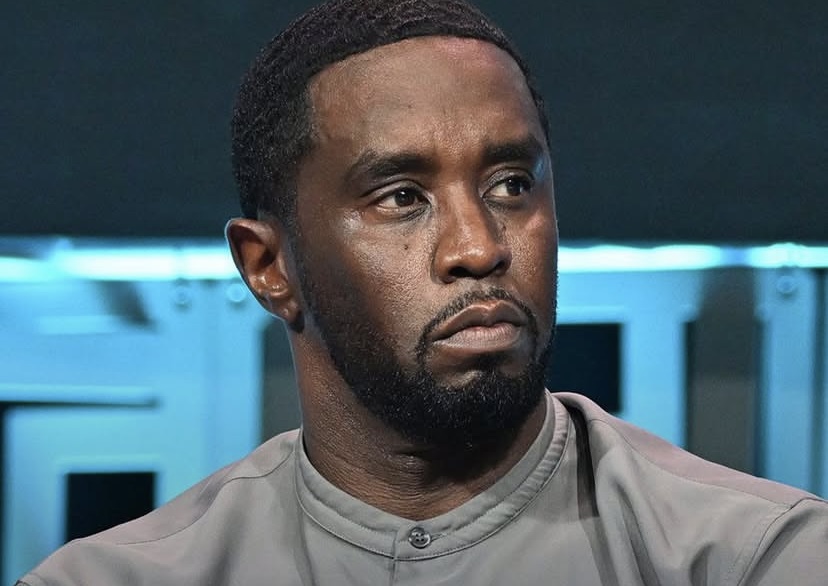NFL
BREAKING: Judge Dismisses Sexual Assault Lawsuit Against Diddy After Plaintiff Fails to Reveal Her Identity Despite Court Order

Sexual Assault Lawsuit Against Diddy Dismissed After Anonymous Plaintiff Fails to Identify Herself
A sexual assault lawsuit filed against music mogul Sean “Diddy” Combs has been dismissed by a U.S. District Judge after the anonymous plaintiff failed to comply with a court order requiring her to reveal her identity. The plaintiff, referred to as Jane Doe, had accused Combs of assaulting her during an incident at a party in 1995. However, the judge ruled that the case could not proceed unless the plaintiff publicly identified herself, which she chose not to do.
The legal battle began when the plaintiff, whose identity had been kept anonymous, filed a civil lawsuit against Diddy, alleging that he had assaulted her over two decades ago. The lawsuit gained attention due to the high-profile nature of the allegations, as Diddy is a well-known figure in the entertainment industry. The complaint described the incident as a traumatic experience, but the plaintiff’s failure to disclose her real name in the required timeframe led to the dismissal.
The court had granted the plaintiff multiple extensions to reveal her identity, but the March 20, 2025, deadline passed without any action. Judge Lewis Liman, who oversaw the case, expressed that the plaintiff’s refusal to comply with the court’s order left the legal proceedings no choice but to be dismissed.
Attorney Tony Buzbee, who represented the plaintiff, acknowledged that the dismissal was expected, stating that his client had opted not to proceed with the case due to fears of public exposure and media scrutiny. Buzbee emphasized that this decision was a difficult one for the plaintiff, as she had expressed concerns about the potential backlash and attention her identity could bring.
Diddy’s legal team, which had consistently maintained that the allegations lacked merit, celebrated the dismissal of the lawsuit. They criticized the use of anonymous plaintiffs in such high-profile cases, asserting that it placed undue pressure on defendants without sufficient legal grounds for the claims. The legal team also expressed confidence that other similar cases would face similar dismissals, emphasizing that the courts must uphold procedural rules to ensure fairness for all parties involved.
The dismissal marks a significant moment in the ongoing legal struggles surrounding sexual assault allegations within the entertainment industry. While many advocates for victims of assault have argued for more protections and privacy for accusers, the case highlights the challenges courts face in balancing the rights of both plaintiffs and defendants.
In the aftermath of the dismissal, Diddy’s legal representatives reiterated their stance on the importance of transparency and accountability in legal proceedings, particularly when it comes to accusations that could have lasting impacts on the reputations and careers of those involved.
Although the lawsuit has been dismissed, the controversy surrounding the case continues to raise questions about the legal process and the handling of sexual assault allegations in the public eye. For now, the case against Diddy has come to an end, but the conversation surrounding these complex issues is likely to continue.
The dismissal of the lawsuit is a reminder of the delicate balance between ensuring justice for victims and safeguarding the legal rights of defendants. While the anonymous plaintiff in this case chose not to move forward, the outcome of the case may have far-reaching implications for how future claims of sexual assault are handled in the court system.












